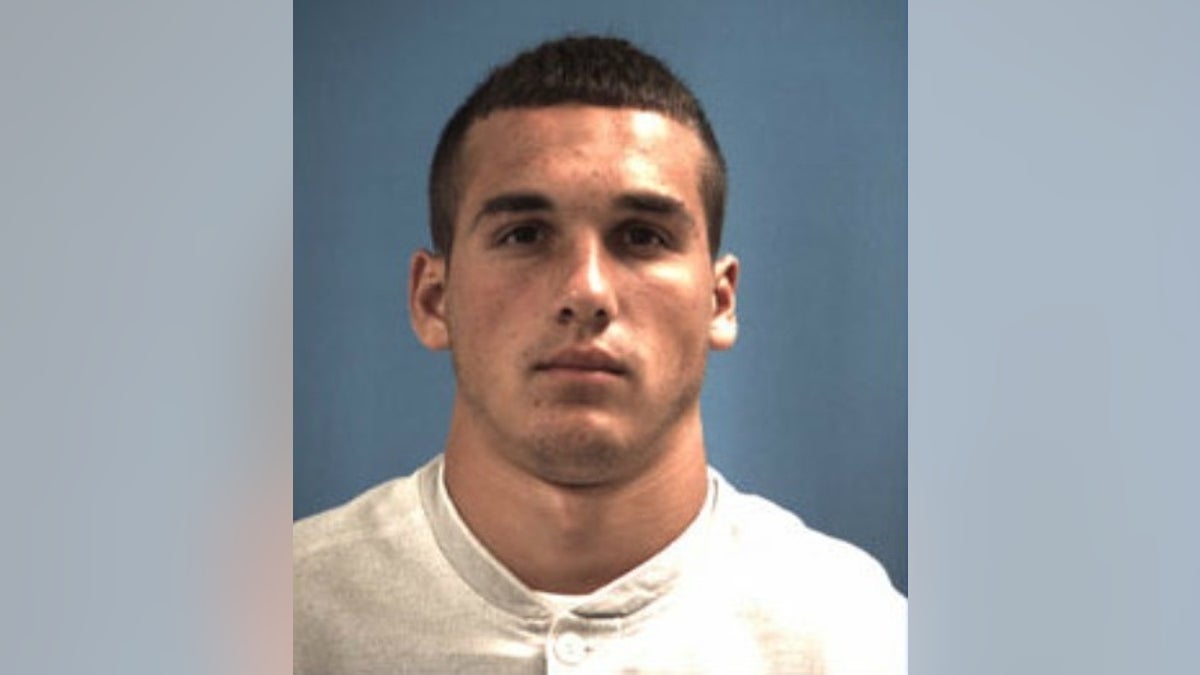
Greg Kelley may soon get a new trial after his sexual-assault conviction.
A onetime Texas high school football star, who was sentenced to 25 years behind bars without the possibility of parole for sexually assaulting a child, has been granted bond and released after a judge said his due-process rights were violated during a flawed police investigation.
State District Judge Donna King said police did not corroborate information from the child victim and did not speak to other potential persons of interest.
King also granted bond to Greg Kelley, 22, based on what she ruled was ineffective assistance from his attorney. The judge cited Kelley’s decision to waive his appeal. She wrote: “There can be no sound strategy to waive the appeal of a conviction unsupported by sufficient evidence. Counsel’s advice to waive his appeal was deficient.”
Four years ago, Greg Kelley, then 18, was arrested on a charge of sexual assault of a 4-year-old boy at an in-home day care center. Two weeks later, a second boy came forward with allegations of assault. Almost a year later, in July 14, he was convicted and sentenced.
The case was brought back to life in May this year after Williamson County District Attorney Shawn Dick claimed that he had been given “credible” evidence suggesting that the son of the day care facility operator, Johnathan McCarty, may have been involved in the abuse. This spurred Texas Rangers to re-investigate the case. McCarty, a friend of Kelley's, has not been charged, but has been named by Texas Rangers as one of three suspects.
According to the Austin American-Statesman, Johnathan McCarty, whose mother operated the in-home daycare where the crime is believed to have happened, remains in the Williamson County Jail on unrelated charges. A third person who authorities say is also a suspect has not been identified.
Fox News reported McCarty’s lawyer vehemently denied allegations against her client, with claims he is being scapegoated in a quest to prove Kelley’s innocence.
Kelley initially was accused of sexual assaulting two young boys in 2013, at the age of 18, at the day care center run by a friend’s family. The guilty charge was handed out a year later, although at the trial there was no physical evidence and one of the young victims, who testified via closed circuit TV, denied that Kelley had touched him. The day care owner also took the stand, professing her belief that Kelley was innocent.
A motion for a new trial, filed soon after the guilty verdict, was denied after a new judge took the case. More than 18 months of state appeals followed from Kelley’s new defense team, with claims they had evidence to prove that he was not at the daycare during the time the alleged crimes occurred. The appeals were dismissed.

